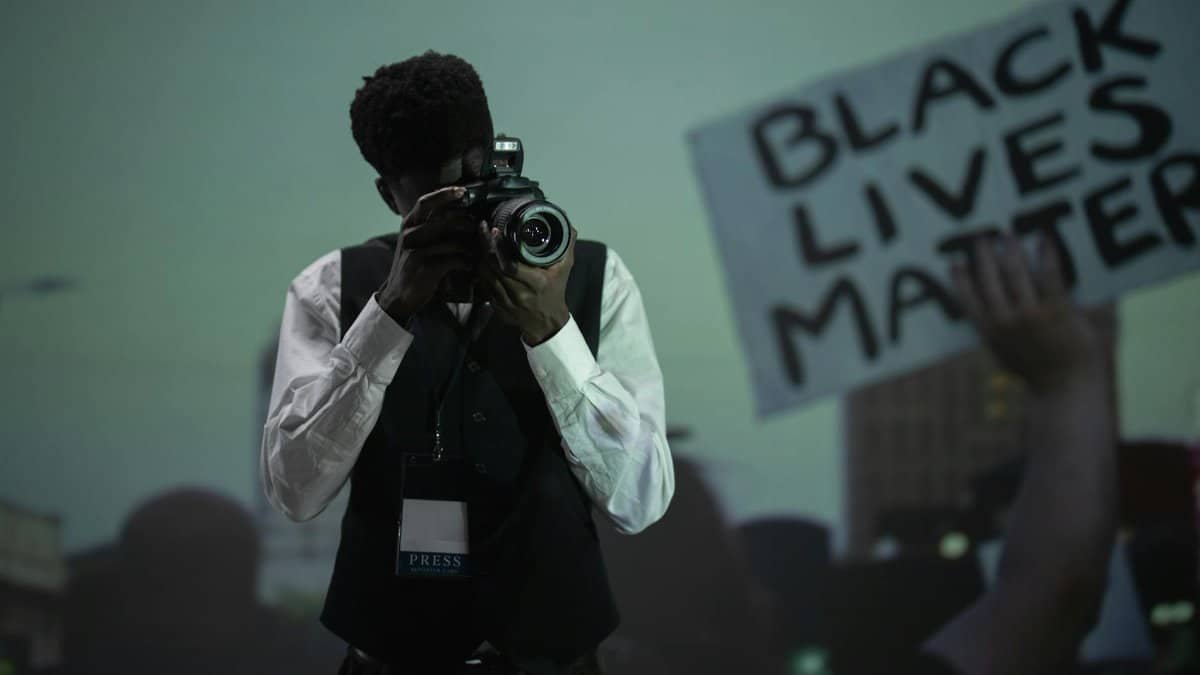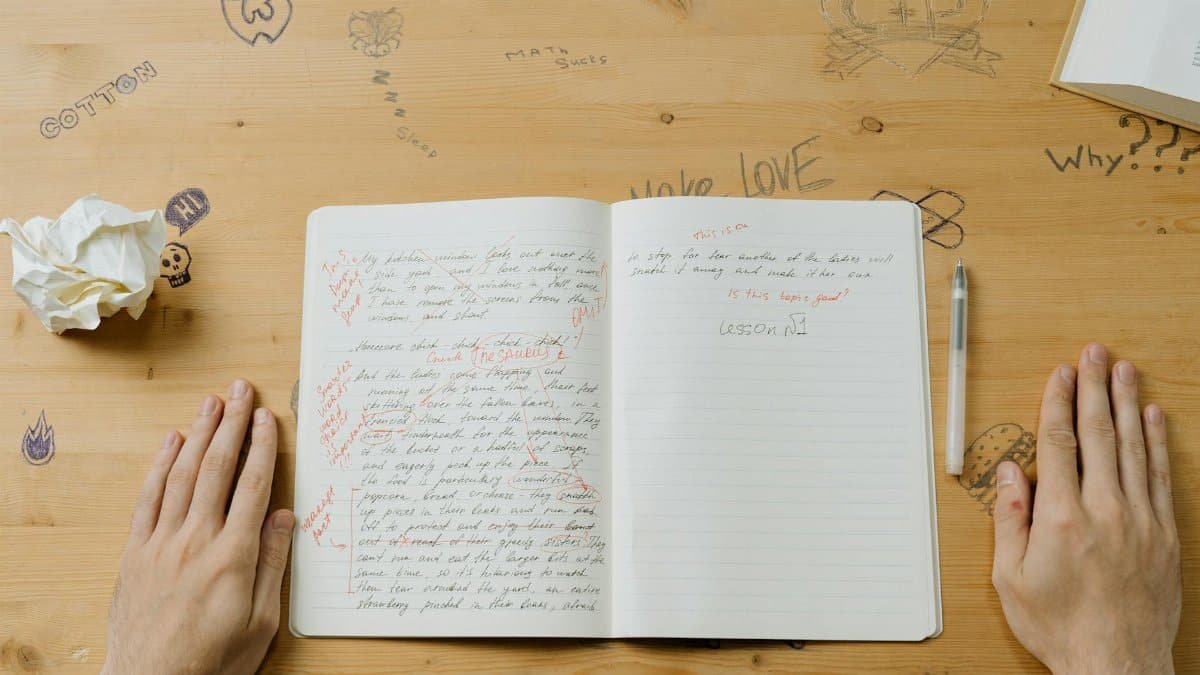What if the fear holding you back isn’t failure itself, but the quiet shame of not bouncing back perfectly? In a world that celebrates unbreakable strength, many Americans grapple with something deeper. Resilience forgiveness emerges as a gentle counterpoint, inviting us to release the grudges we hold against our own vulnerabilities. It’s not about erasing setbacks, but acknowledging them without judgment. This concept, blending emotional endurance with self-compassion, challenges the myth of flawless recovery. As more people confront burnout in 2025’s relentless pace, understanding resilience forgiveness could redefine how we heal. It asks: Are you ready to forgive yourself for simply being human?
The Roots of Our Resistance

People often shy away from resilience forgiveness because it demands facing uncomfortable truths. Society pushes a narrative of constant grit, where admitting weakness feels like defeat. Yet this avoidance stems from deeper cultural conditioning. In the U.S., stories of self-made success dominate, leaving little room for the messy reality of recovery. A therapist in Chicago once shared with a group how clients resist forgiving their lapses, fearing it means giving up. That hesitation mirrors a national trend. According to a 2023 survey by the American Psychological Association, over 60% of adults report high stress levels, yet many hesitate to practice self-forgiveness. APA Stress in America Report highlights how unresolved guilt amplifies burnout. It’s not laziness; it’s a protective instinct gone awry.
Consider a mid-level manager in her forties, juggling remote work and family demands. She misses a deadline after a family emergency, then berates herself endlessly. Forgiving that slip feels indulgent, almost irresponsible. But experts argue this self-criticism erodes true resilience. Instead of building walls, resilience forgiveness encourages a softer approach. It transforms inner dialogue from accusation to understanding. Over time, this shift fosters genuine strength, not the brittle kind that cracks under pressure.
Unpacking the Concept

At its core, resilience forgiveness means granting grace to the parts of ourselves that falter. It’s a practice rooted in psychology, drawing from cognitive behavioral techniques and mindfulness. Unlike traditional resilience training, which focuses on bouncing back quickly, this approach emphasizes emotional release. Think of it as clearing mental debris after a storm. Without forgiveness, old wounds accumulate, weighing down future efforts.
Research from Harvard’s Grant Study, spanning decades, shows that emotional adaptability correlates with long-term well-being. Participants who practiced self-forgiveness reported higher life satisfaction. Harvard Grant Study Overview underscores how letting go of self-blame enhances relational bonds too. In everyday terms, it’s like a middle-aged parent forgiving themselves for not being the “perfect” role model during tough times. This acceptance doesn’t excuse errors; it liberates energy for growth.
One anonymous account shared publicly online described the relief: “After years of beating myself up for not handling grief ‘strongly,’ I tried resilience forgiveness. It was like breathing freely again.” Such stories illustrate the transformative power, making abstract ideas tangible.
Why Fear Takes Hold

Fear of resilience forgiveness often masquerades as practicality. Many worry that forgiving flaws will lead to complacency. But evidence suggests the opposite. A study from the University of California, Berkeley, found that self-compassion practices increase motivation and perseverance. Greater Good Science Center on Self-Compassion explains how kindness toward oneself fuels sustained effort. It’s counterintuitive, yet effective.
Picture a veteran teacher in the Midwest, exhausted from pandemic-era challenges. She fears forgiving her burnout will mean accepting mediocrity. Instead, embracing it allows her to recharge and innovate in the classroom. This isn’t weakness; it’s strategic wisdom. Cultural icons like Oprah Winfrey have spoken about similar journeys, turning personal forgiveness into public strength. The fear, then, is less about the practice and more about unlearning rigid ideals of toughness.
Transitions like career shifts or empty nests amplify this anxiety. In 2025, with economic uncertainties lingering, middle-aged Americans face amplified pressures. Resilience forgiveness offers a lifeline, yet the initial discomfort deters many.
Real-World Applications

Applying resilience forgiveness starts small, in daily routines. Begin with journaling about a recent setback, noting what went wrong without harsh judgment. Then, actively forgive the misstep, perhaps through a simple affirmation. This builds a habit over time.
In workplaces, some companies now incorporate it into wellness programs. A report from Gallup indicates that employees who feel supported in emotional recovery show higher engagement. Gallup State of the American Workplace ties self-forgiveness to reduced absenteeism. Imagine a team meeting where a leader shares a forgiven failure, normalizing the process for others.
For personal relationships, it means forgiving partners for not always being resilient pillars. A couple in their fifties, navigating health scares, might use it to rebuild trust. One partner admits vulnerability, and the other responds with grace. These moments strengthen bonds, turning potential rifts into opportunities for deeper connection.
Challenges Along the Way

Not everyone finds resilience forgiveness straightforward. Deep-seated beliefs can sabotage efforts. For instance, those raised in high-achievement environments might equate forgiveness with failure. Overcoming this requires patience and perhaps professional guidance.
Another hurdle is societal judgment. In a culture that prizes stoicism, openly practicing self-forgiveness can invite skepticism. Yet, as mental health awareness grows in 2025, attitudes are shifting. Online discussions often reveal shared struggles, with one person noting: “I thought forgiving my anxiety made me weak, but it actually empowered me to face it head-on.”
Physical symptoms, like stress-induced fatigue, can also complicate the process. Addressing them holistically, through exercise or therapy, supports the emotional work. The key is persistence; initial resistance often gives way to profound relief.
The Broader Impact on Society

Resilience forgiveness isn’t just personal; it ripples outward. Communities that embrace it foster empathy, reducing collective burnout. In education, teaching it to younger generations could prevent future mental health crises. A Pew Research Center analysis shows rising anxiety among adults, suggesting a need for such tools. Pew Research on Mental Health Trends points to forgiveness practices as potential mitigators.
Politically, it could influence how we handle national traumas, like economic downturns or social divisions. Leaders who model it encourage a more compassionate discourse. On a neighborhood level, it shows up in support groups where members share forgiven setbacks, building communal strength.
As America navigates 2025’s challenges, from climate concerns to technological shifts, this concept promotes adaptive, humane responses. It’s about collective healing, one forgiven step at a time.
Moving Forward with Grace

Embracing resilience forgiveness requires intentional steps. Start by identifying patterns of self-criticism. Replace them with compassionate reframing. Books and workshops abound, offering structured paths.
Reflect on a time when unforgiven resilience lapses held you back. What if forgiveness had changed the outcome? This introspection sparks momentum. In practice, it might mean forgiving a fitness goal unmet due to illness, then gently resuming.
Ultimately, it’s a lifelong journey, evolving with life’s phases. Middle-aged readers, with their wealth of experiences, are uniquely positioned to lead by example. By integrating it, they not only heal themselves but inspire those around them.
Unexpected Benefits

Beyond emotional relief, resilience forgiveness unlocks creativity. Freed from self-doubt, ideas flow more readily. Artists and entrepreneurs often credit it for breakthroughs.
It also enhances physical health. Studies link self-forgiveness to lower cortisol levels, reducing risks of chronic conditions. NIH Study on Forgiveness and Health details these physiological perks.
In relationships, it fosters authenticity. Partners connect more deeply when vulnerabilities are forgiven, not hidden. This authenticity breeds trust, turning ordinary interactions into meaningful exchanges.
Critiques and Counterpoints

Some argue resilience forgiveness excuses irresponsibility. Critics say it softens accountability. But proponents counter that true forgiveness includes learning from mistakes, not ignoring them.
Another view questions its universality. In high-stakes fields like medicine or finance, is there room for such grace? Yet, even there, burnout rates suggest a need. Balancing forgiveness with responsibility creates sustainable performance.
These debates enrich the conversation, pushing for nuanced applications. They remind us that no tool is one-size-fits-all, but adaptability is key.
Personal Reflections from the Field

Reporting on this topic, I’ve encountered varied perspectives. A wellness coach in New York described how clients transform through resilience forgiveness, shedding years of accumulated regret. It’s inspiring to witness.
Yet, skepticism persists. One interviewee worried it undermines ambition. Exploring these tensions reveals the concept’s depth, far from simplistic advice.
In the end, it’s about choice: cling to fear or step into forgiveness. For many, the latter opens doors long closed.
